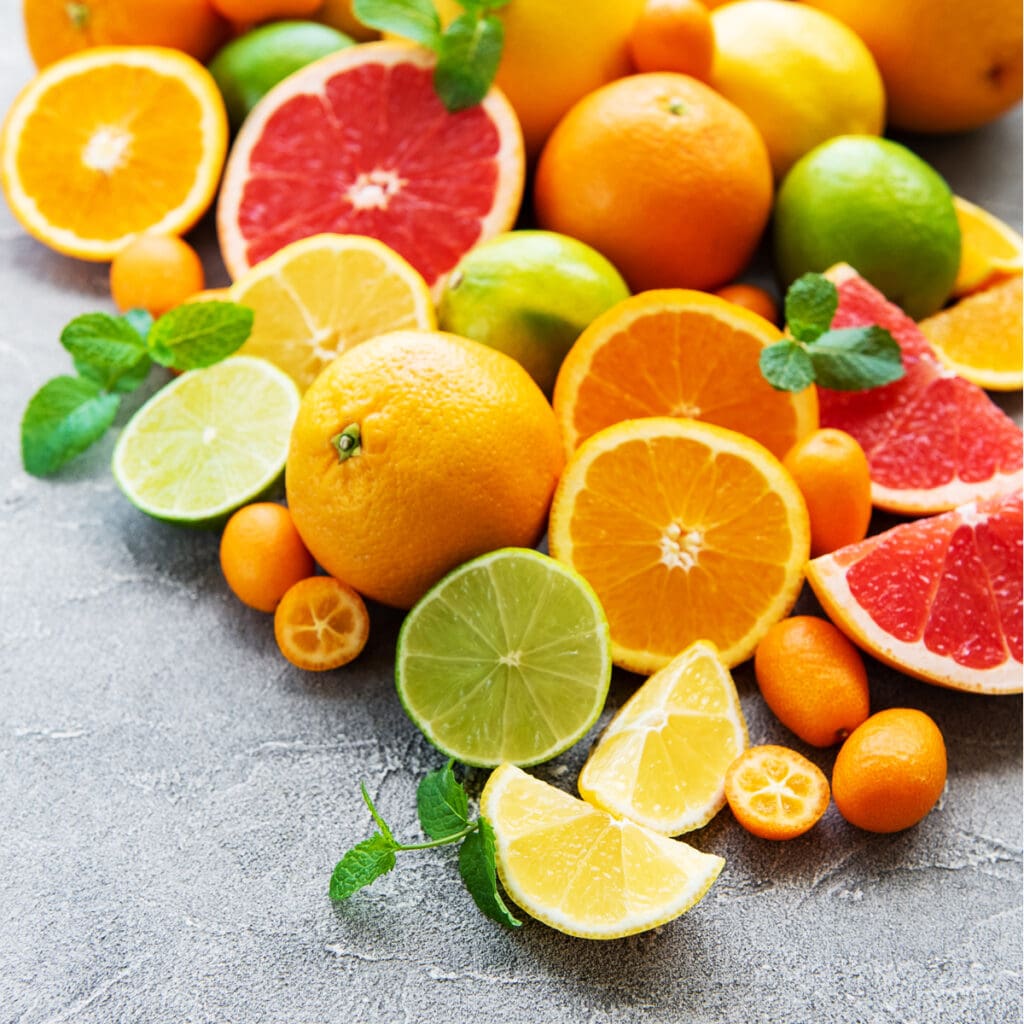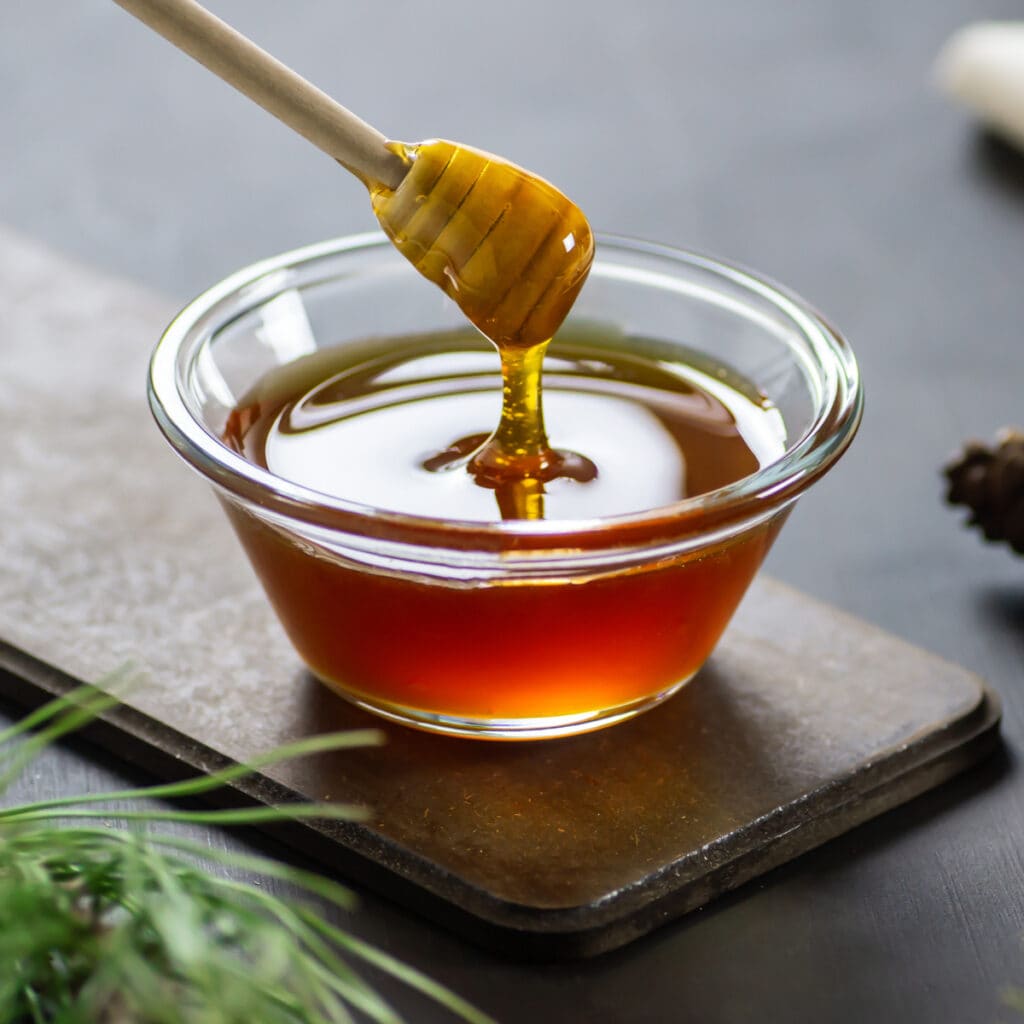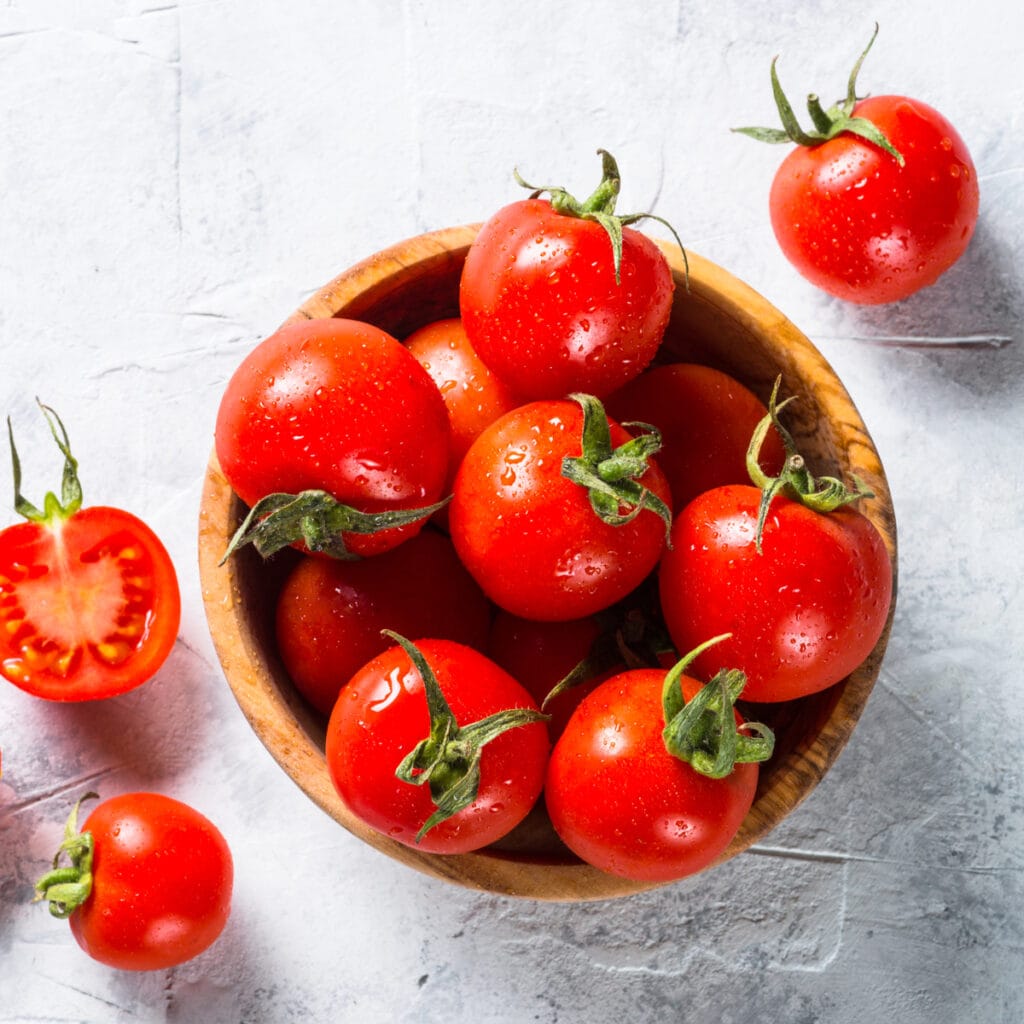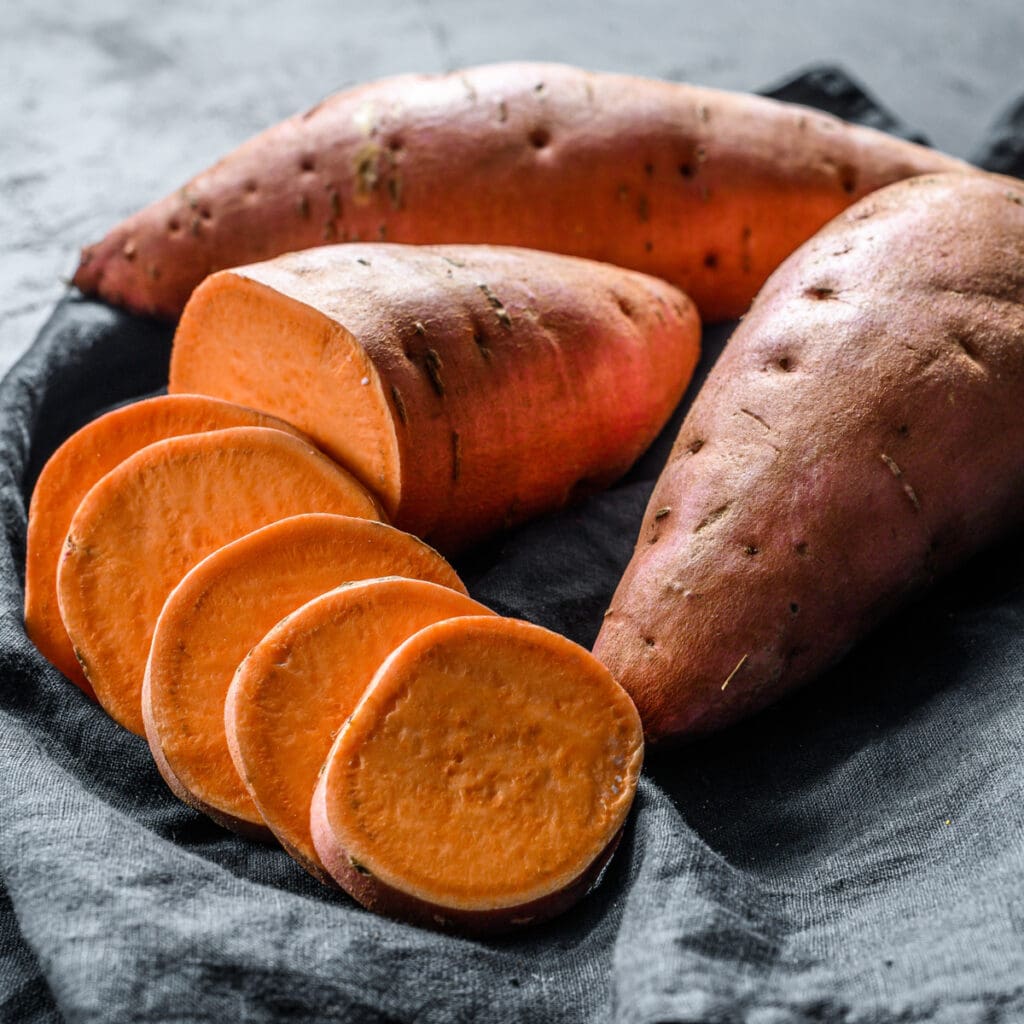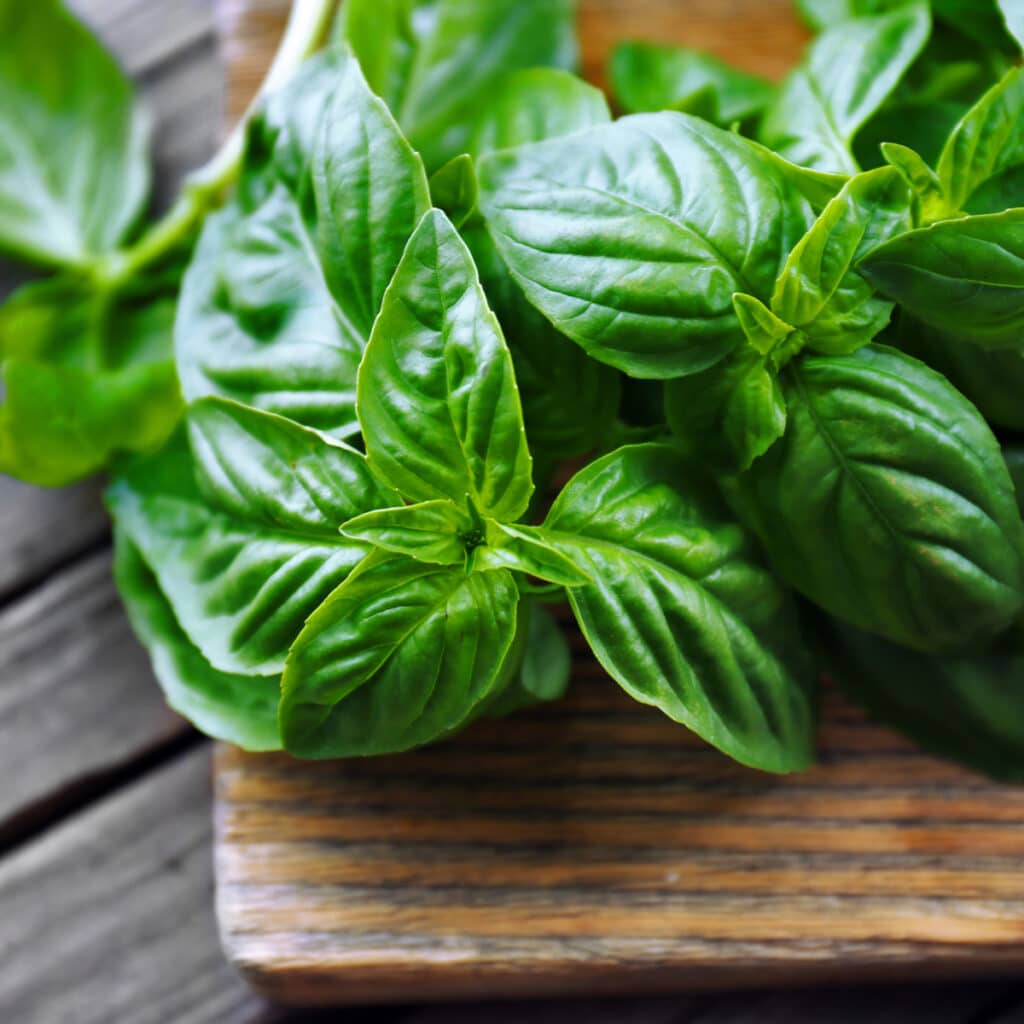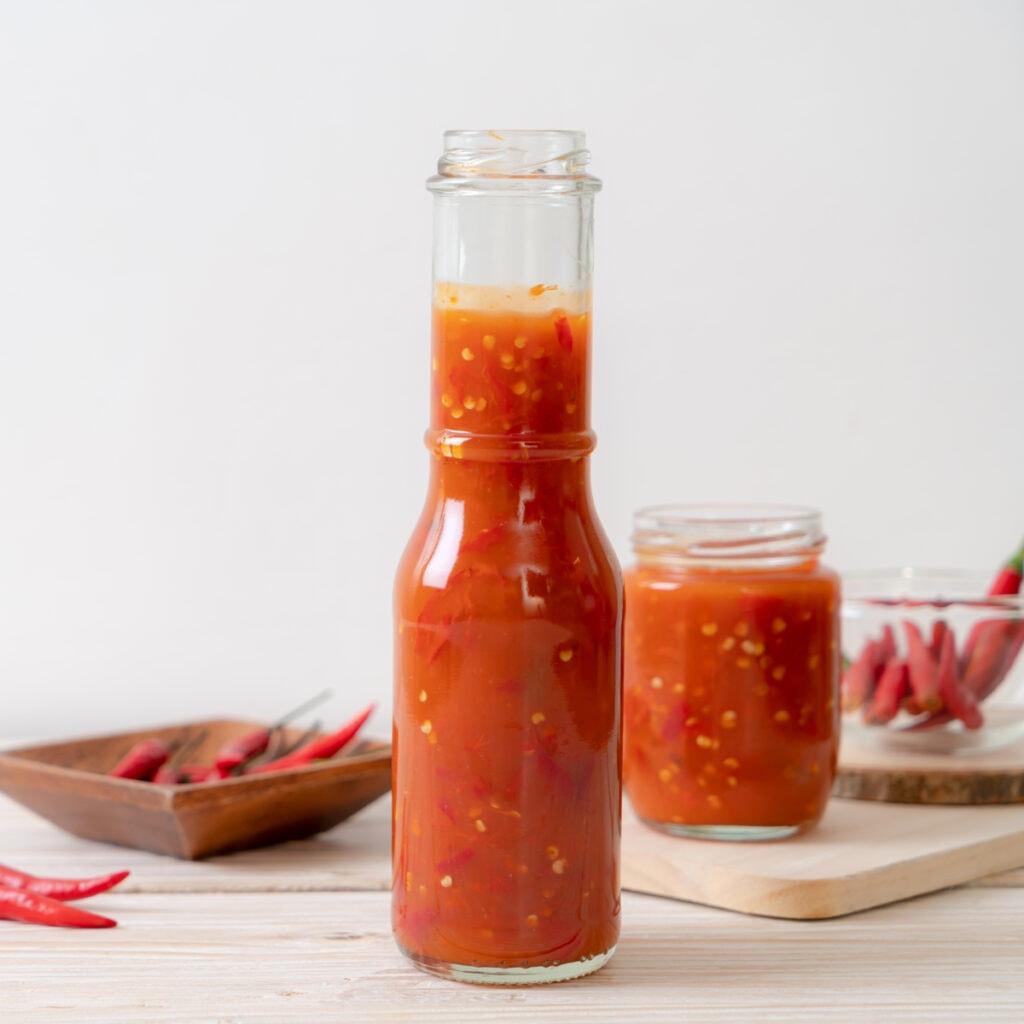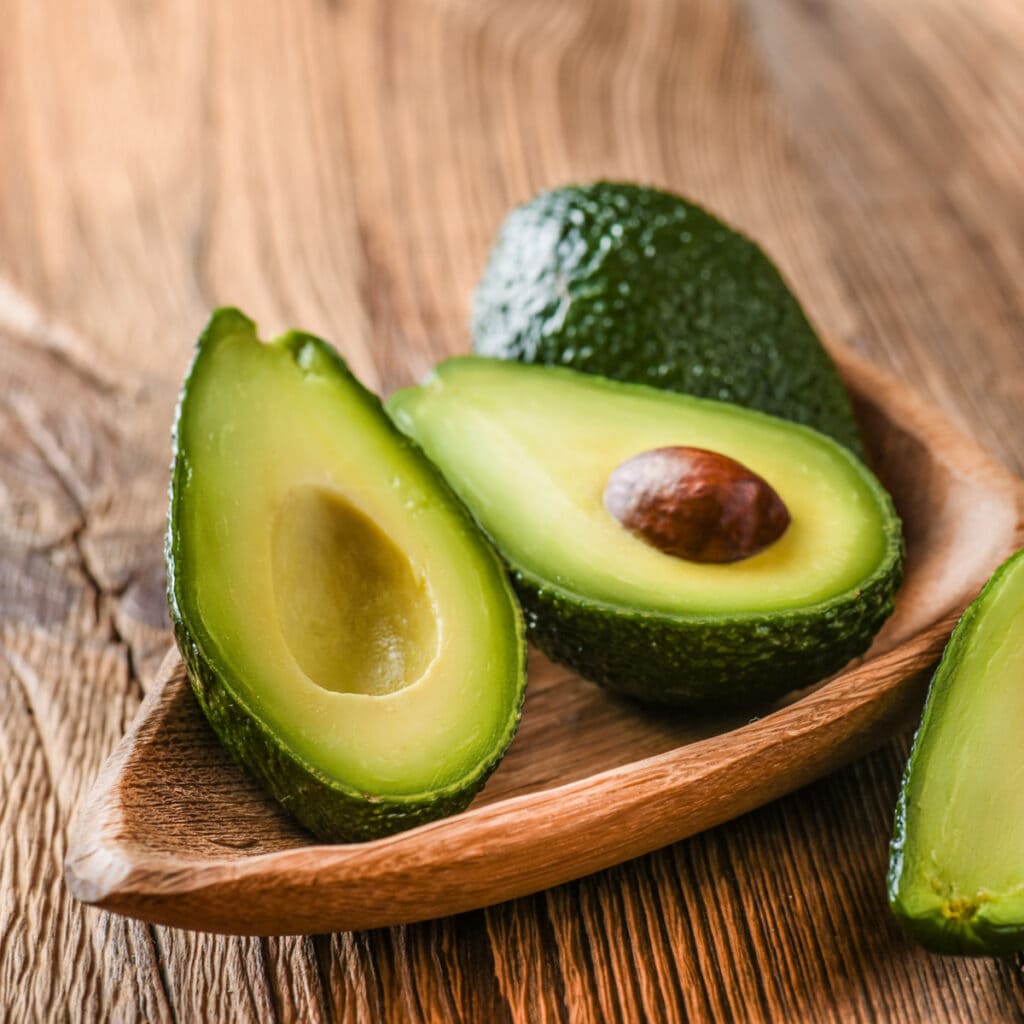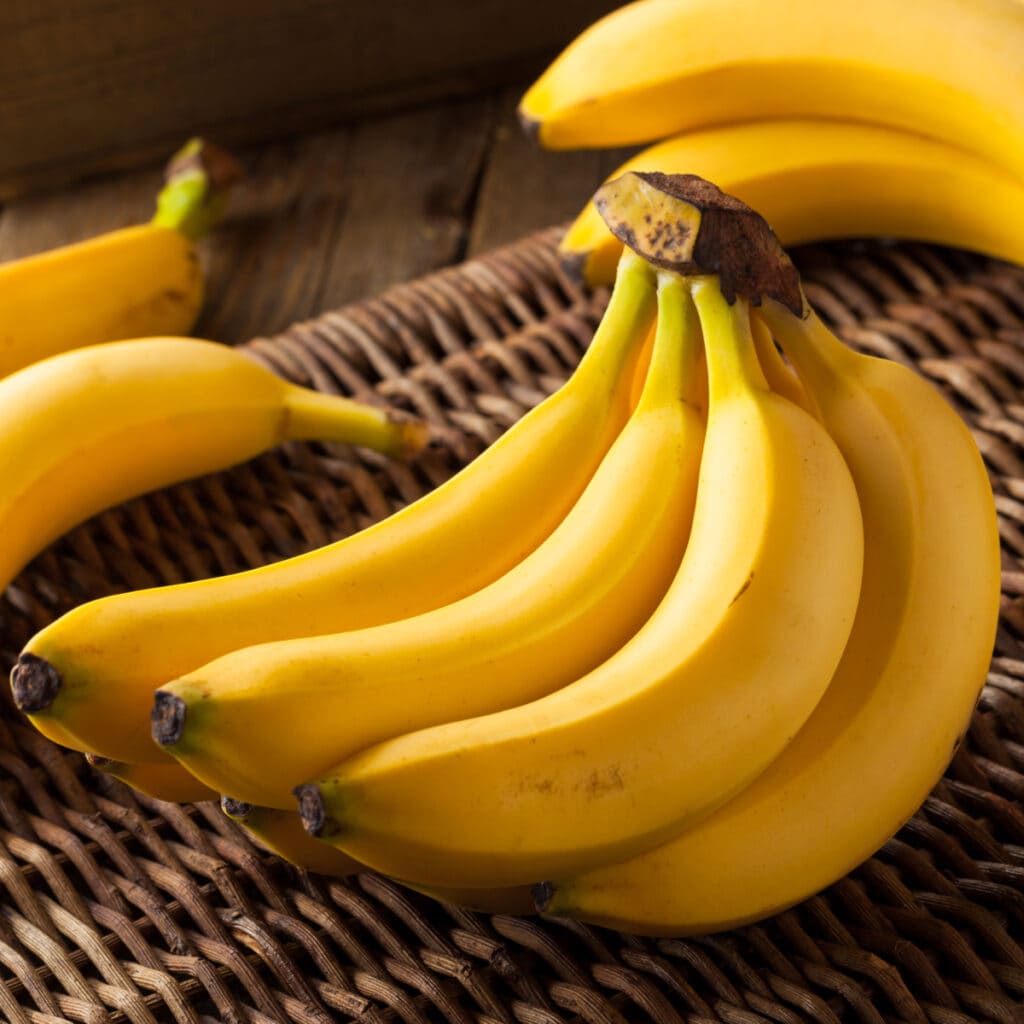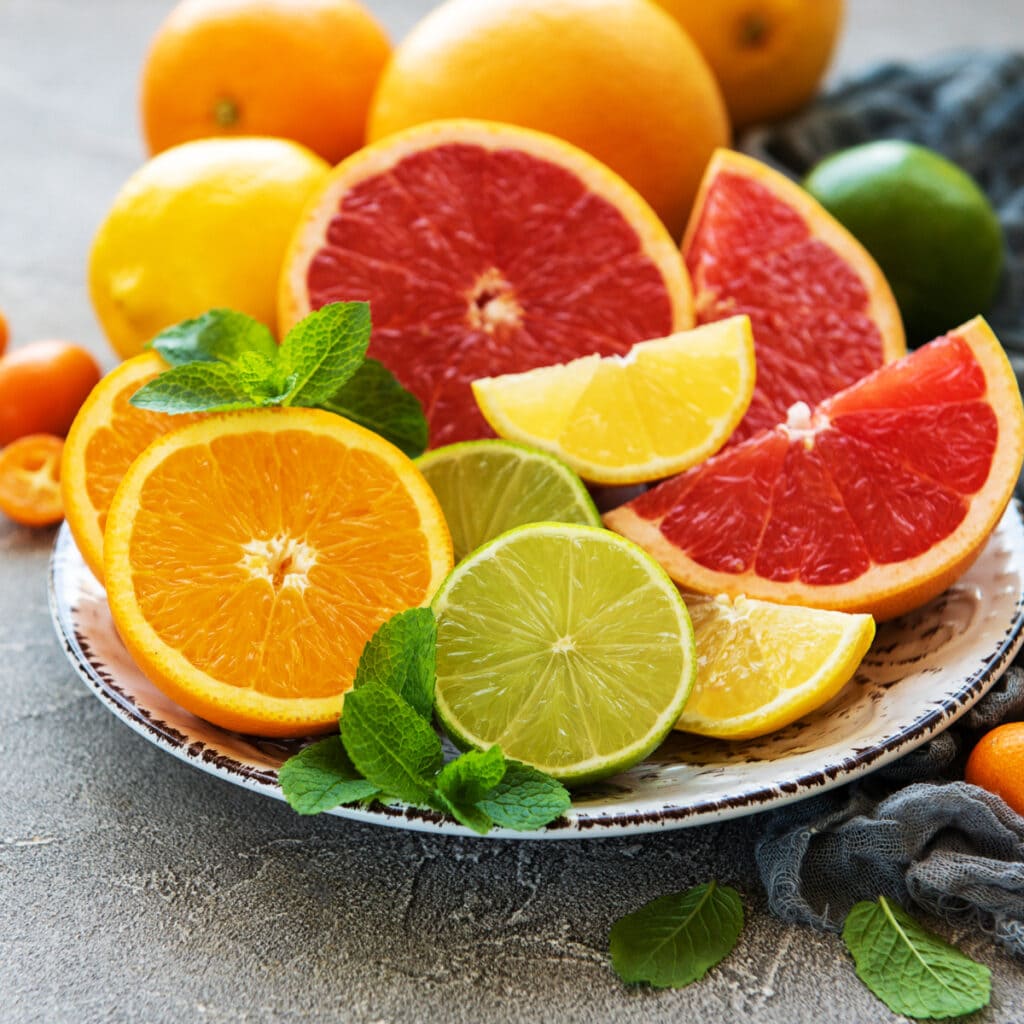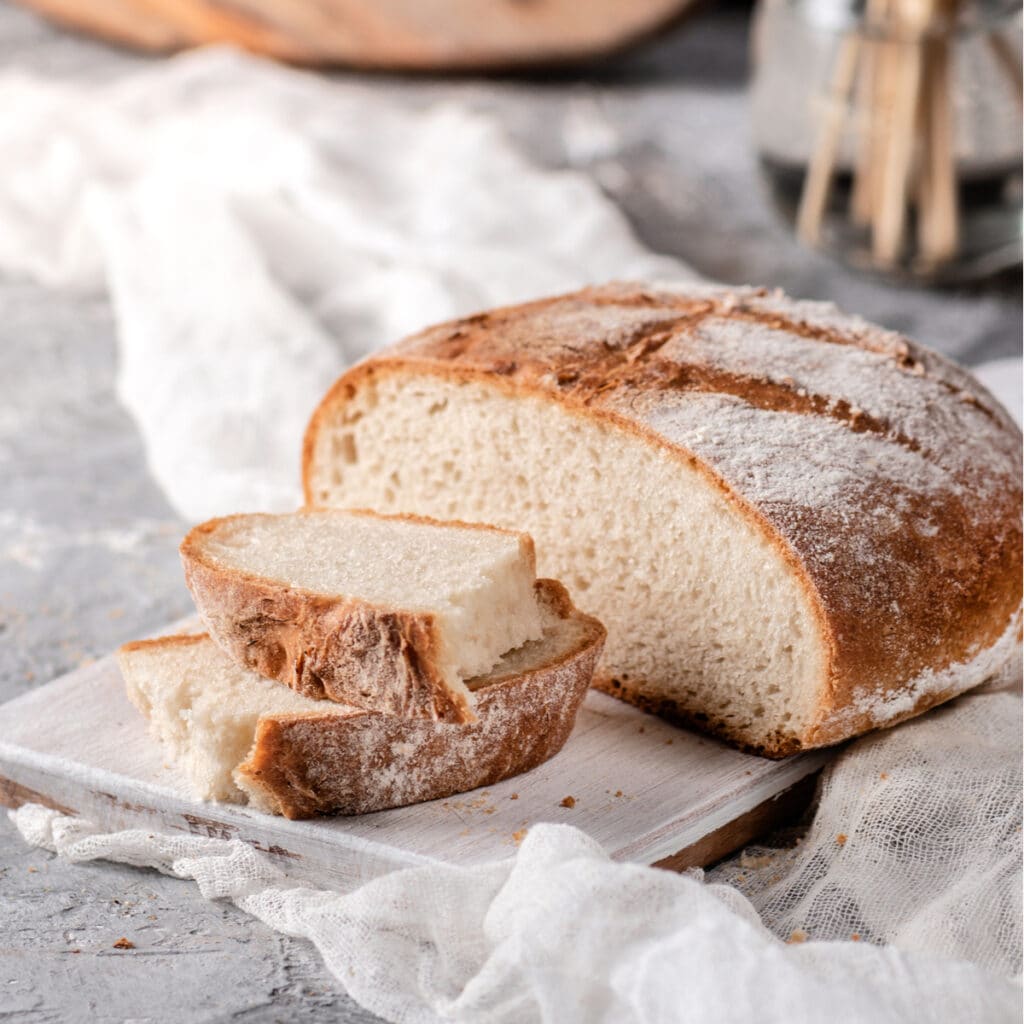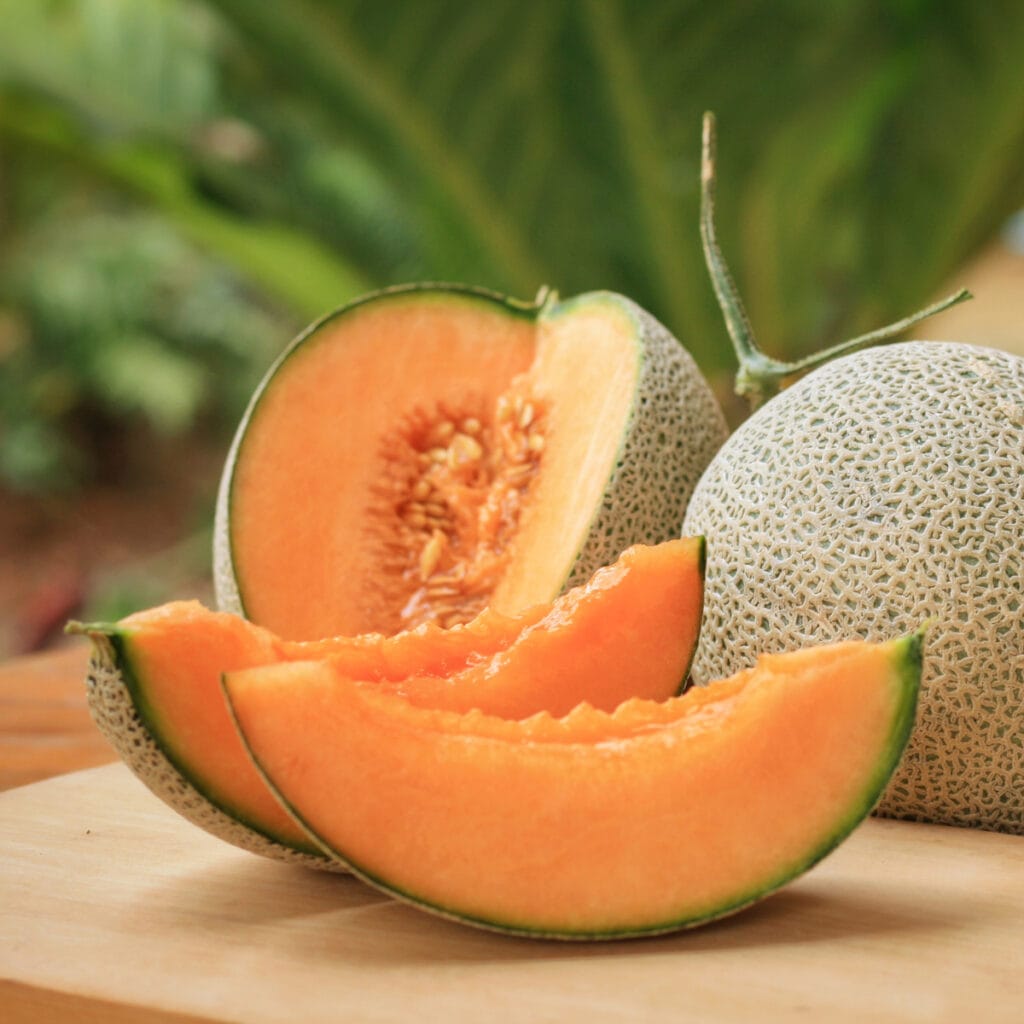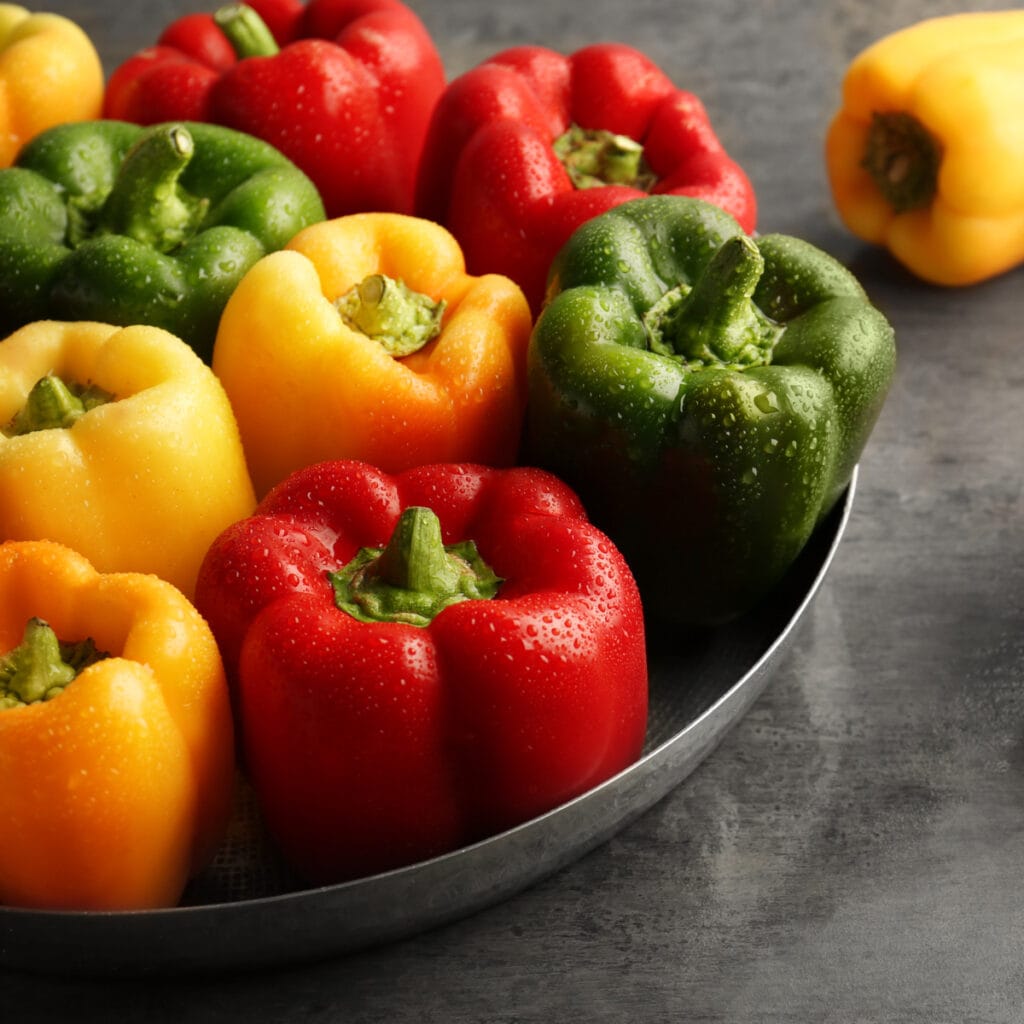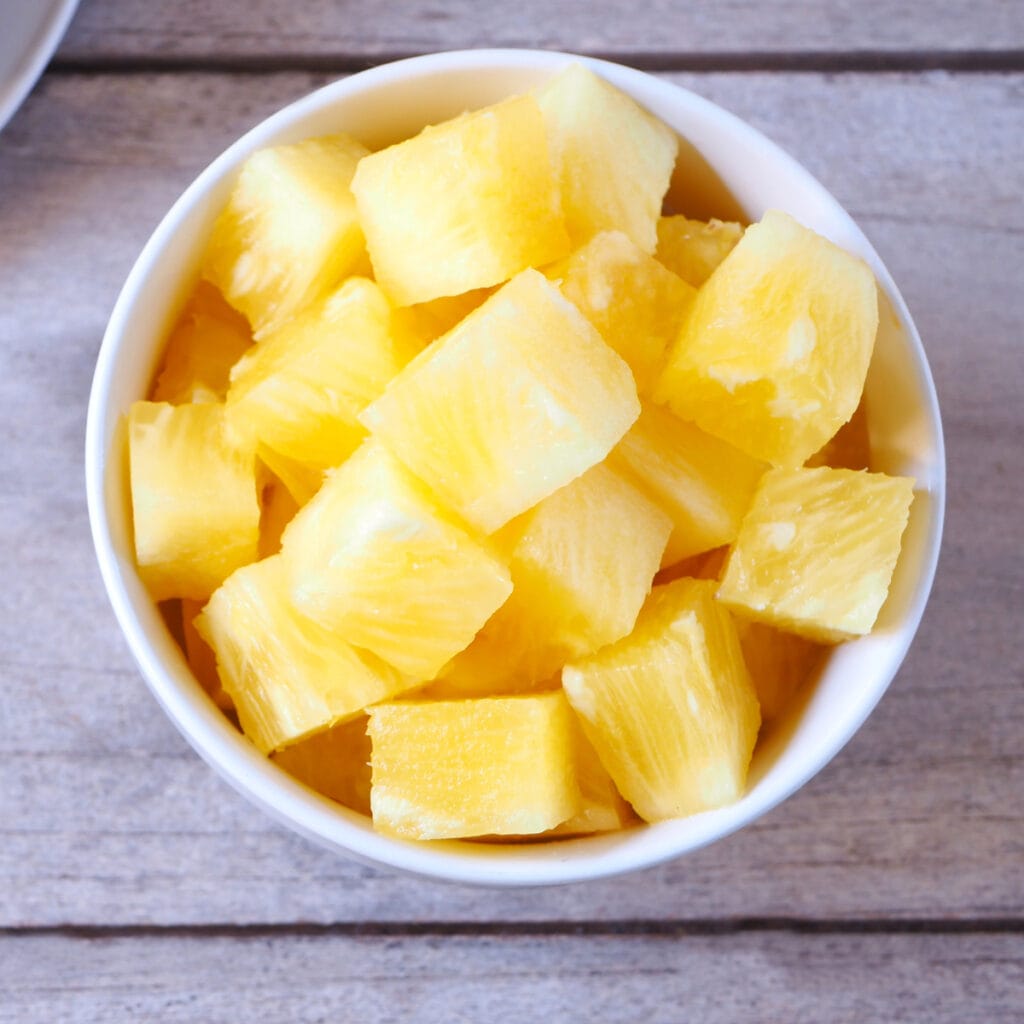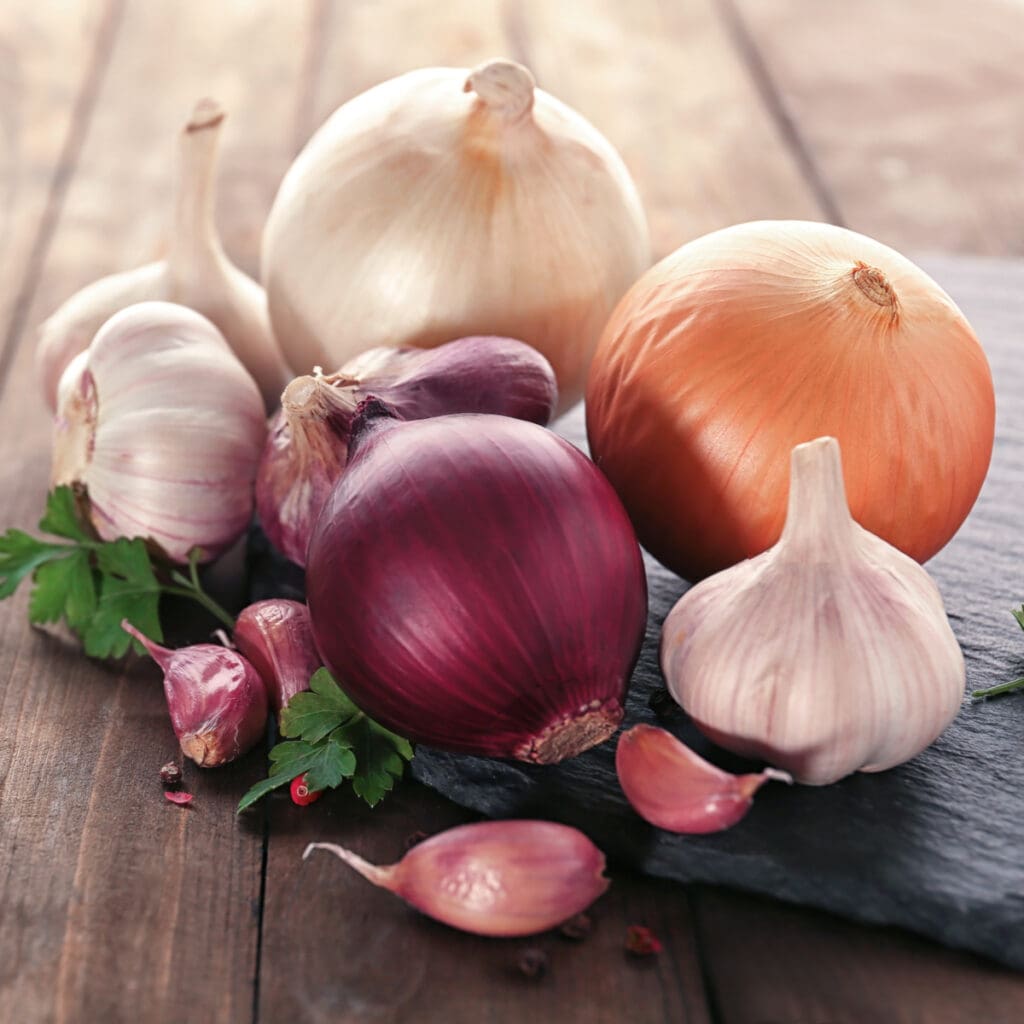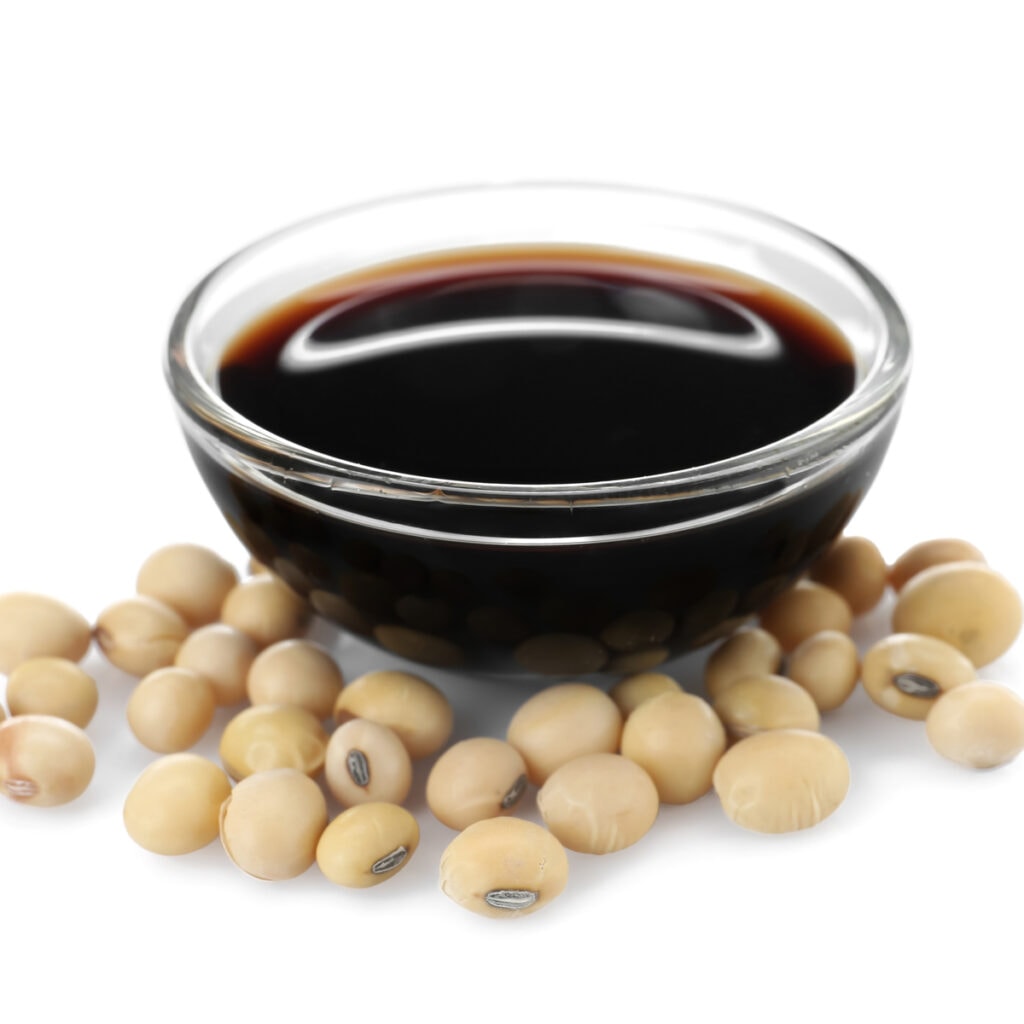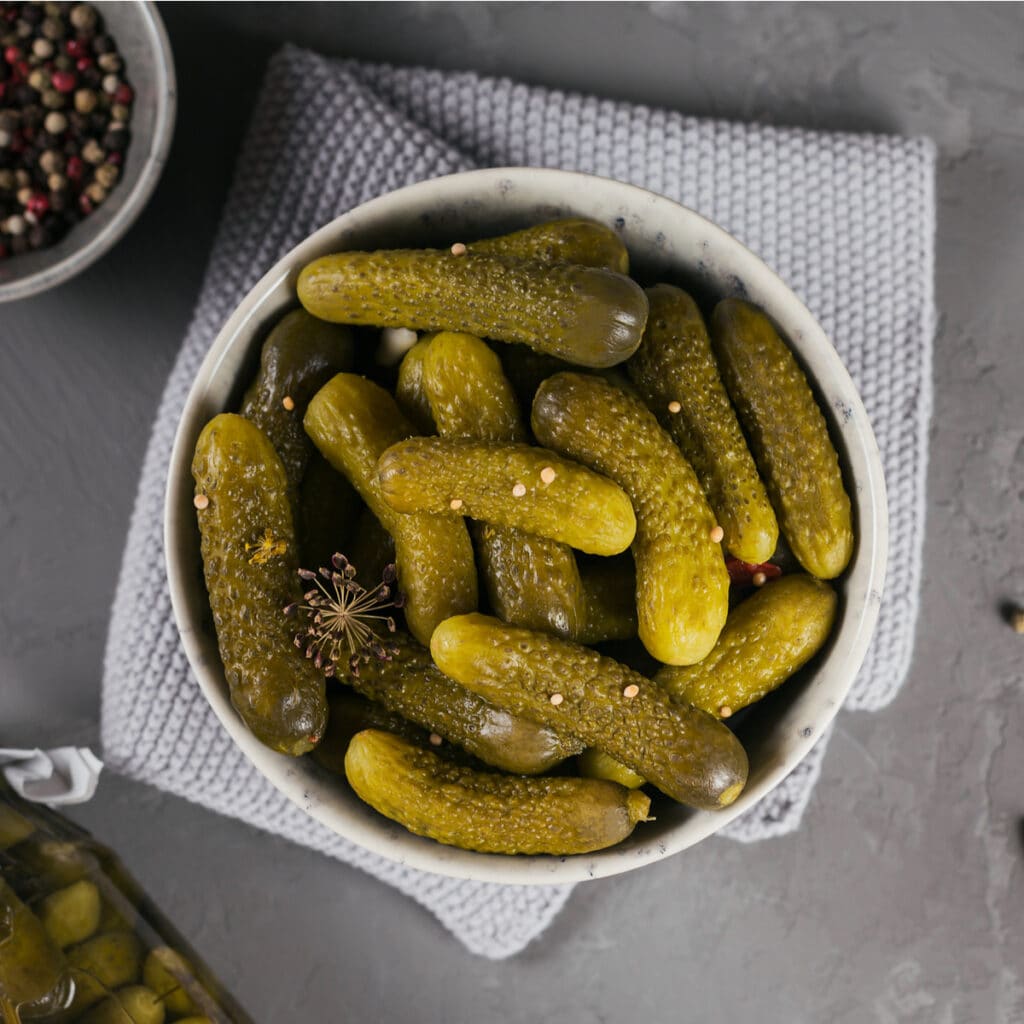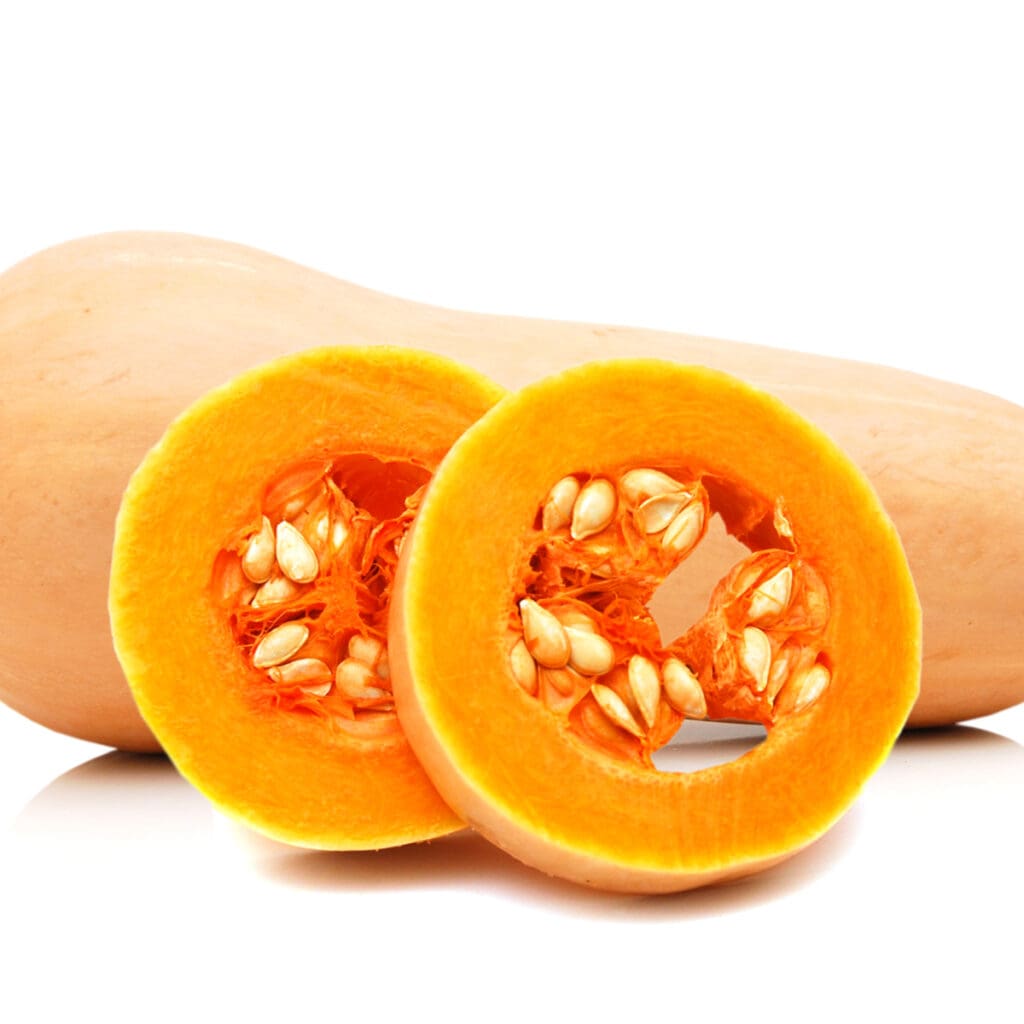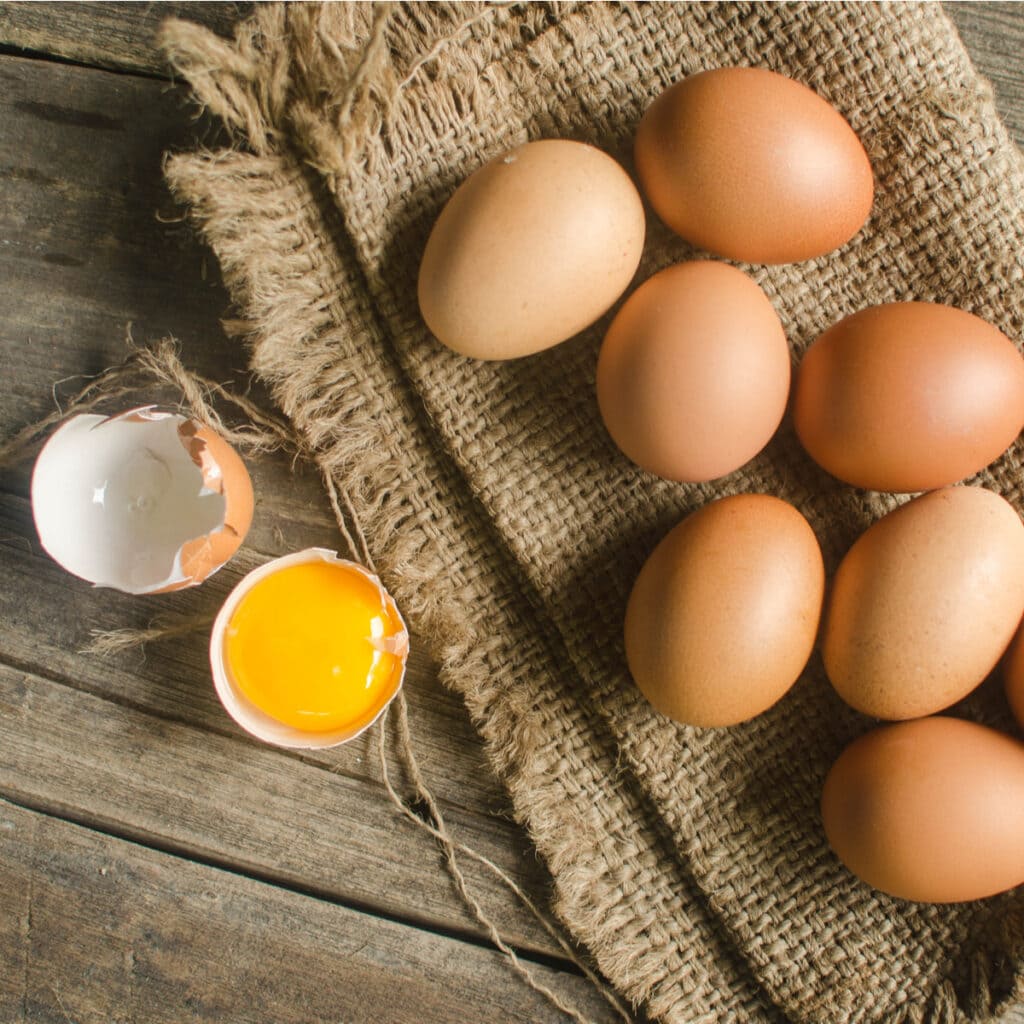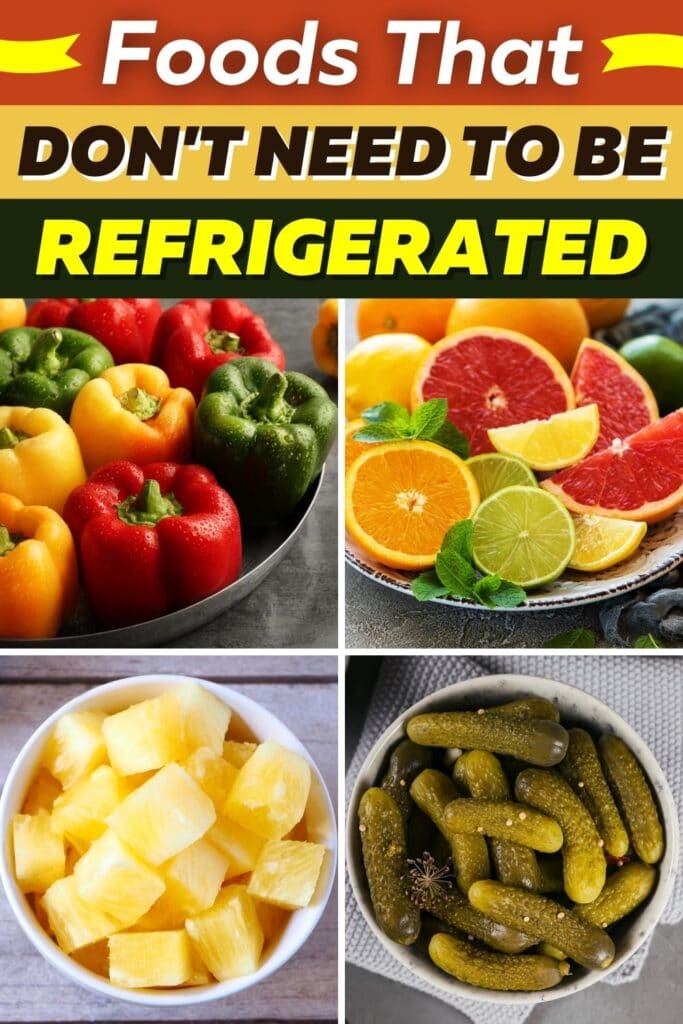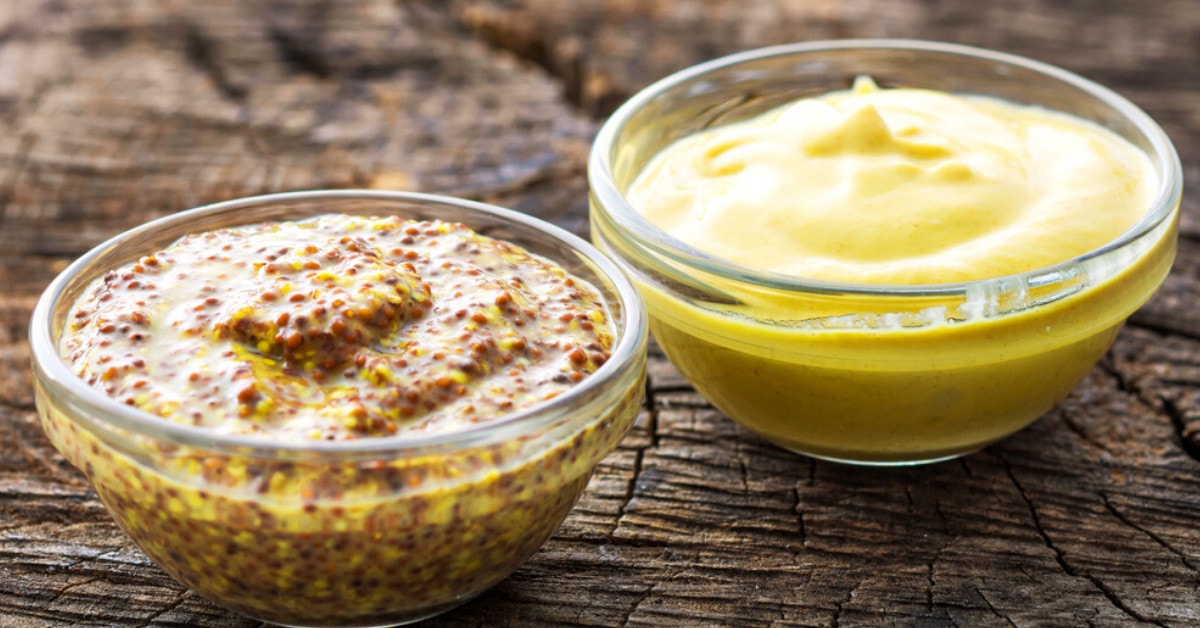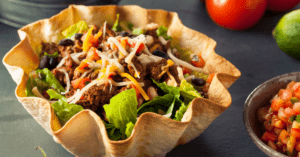However, with other foods, it can be harder to decide. Take tomatoes, for example. Many people aren’t sure if refrigerating them will prolong their life. Then there are some foods that people regularly refrigerate, but they shouldn’t. These include citrus fruits, avocados, and peppers. So let’s talk about some foods that don’t need to be refrigerated. (And some that do, but only in certain circumstances.)
1. Honey
Do you have that cute little amber bear sitting in your fridge? If so, get him out! Now! Okay, so the world won’t stop turning if you leave your honey in the fridge. Still, you really shouldn’t. When you put your honey in the refrigerator, the cold disrupts it. It makes it crystallize faster than it would at room temperature. Stick it somewhere dark and slightly cooler than room temperature instead. Honey is already acidic, and it doesn’t contain much water. It’ll be perfectly safe in a cabinet or cupboard.
2. Tomatoes
If you want to kill every bit of a tomato’s flavor, stick it in the fridge. Doing so will dry it out and wreak havoc on the flavor compounds. When you buy your tomatoes from the grocery store, they aren’t refrigerated, right? You shouldn’t refrigerate them at home, either. Instead, turn them upside down and place them somewhere dark on paper towels. That’ll ensure they stay fresh as long as possible. Once you cut the tomato, you can leave it out if you plan to eat the rest soon. However, if you’re going to leave it uneaten for several hours, you should refrigerate it.
3. Potatoes & Sweet Potatoes
Potatoes don’t belong in the fridge. Their starches will start to break down, making them sweet and unpalatable. Instead, stick them in a paper sack and move them somewhere cool and dark. Cellars are best, but closets and cupboards work, too. You should be able to keep them for 3 weeks to a month without issue.
4. Basil
Basil wilts quickly, which may be why some people think they should refrigerate it. However, the cold will only kill it faster. Instead, trim the ends and stick it in a jar with a bit of water. Some people recommend covering the jar with a plastic bag. I usually don’t bother with that, but give it a try if you like.
5. Hot Sauce
We often put our condiments in the fridge after we open them. Surprisingly, most of them don’t need it! That’s especially true of hot sauce. Most hot sauces include vinegar and salt, two natural preservatives. Together, they should keep the sauce fresh without any refrigeration. You can double-check the label on your specific brand. However, most hot sauces do fine at room temperature, even after opening them. Plus, the heat will hit harder if the sauce isn’t chilled.
6. Avocados
It’s actually okay to refrigerate avocados, but only after they’re fully ripe. At that point, sticking them in the fridge will prolong their life. However, if you refrigerate them too soon, they won’t ripen properly. Wait until there’s a gentle give when you squeeze your avocados. Once that happens, they’re ready to chill.
7. Bananas & Plantains
Bananas are another food that never needs refrigeration. (Plantains, too!) Instead, leave them at room temperature in a cool, shady spot. Also, though it sounds weird, add some plastic wrap to their stems. Doing so will help keep them from ripening so quickly.
8. Citrus Fruits
The category of citrus fruits contains many different things, including:
OrangesLemonsLimesClementinesGrapefruits
All of these can last for weeks in a cool, dark cupboard. Just be sure it has some ventilation, otherwise, they might go bad more quickly.
9. Bread
Bread’s a tricky one. If you’re not a big bread eater, it’s tempting to put it in the fridge. However, doing so will make it go stale faster! (It recrystallizes the starches.) So, if you don’t eat much bread, freeze it instead. Then, you can take out the piece or two that you need and thaw it as you need it. However, leaving it in an airtight container at room temperature is even better. That’s the storage method that yields the best results. You should plan to eat it within a week to nine days if you do this, though. Otherwise, it can start to get moldy or go stale.
10. Melon
After they’re cut, melons do belong in the fridge. However, don’t put them there while they’re still whole. If you do, they’ll lose many of their healthy antioxidants. Leave them whole on the counter, out of direct sunlight, instead.
11. Coffee
No matter what you’ve heard, coffee never belongs in the fridge. The cold air will cause it to ruin quicker. (You shouldn’t freeze it, either!) Additionally, coffee grounds can absorb flavors from nearby foods. So don’t stick them in a closed, cold space with other strong-smelling foods. Doing so is a recipe for disaster. After all, do you really want coffee that tastes like leftover ham? GAG. Plus, taking coffee in and out of the fridge to use it causes even more problems. (Condensation will build up and ruin the flavor.) Leave your coffee at room temperature in the airtight container it came in. If it didn’t come in one, transfer it into one after opening it. That’ll ensure it stays fresh, fragrant, and flavorful.
12. Bell Peppers or Hot Peppers
You can put bell peppers in the fridge if you want them to stop ripening. However, if you want them to ripen fully and become sweeter, leave them in a dark, out-of-the-way spot. Hot peppers, too, are better left at room temperature. Putting them in the fridge leaches some of their flavor. It also means their bite won’t be as noticeable. You won’t even have to put these peppers in the fridge after cutting them. If you’re going to wait more than a day to eat them, you’ll want to refrigerate them. However, they’ll be good overnight if you leave them out.
13. Tropical Fruits
Tropical fruits include pineapples, mangoes, kiwi, and other similar fruits. Like citrus fruits, they don’t require refrigeration. It’s important to remember the climate in which these fruits grow. It’s tropical, so it’s hot and sunny. Therefore, the fruits don’t do so well in the cold. Leave them on the counter. They should last for several days as long as they weren’t overripe when you bought them. If you don’t plan to eat them anytime soon, you can freeze them. That way, you can keep them for six months to a year.
14. Onions and Garlic
You can refrigerate onions and garlic, but you probably shouldn’t. First of all, they have a potent aroma. If you’re not careful, everything in your fridge will taste like onions. Additionally, however, they tend to absorb moisture when refrigerated. That can make them moldy and soft. Like potatoes, these aromatic alliums do best in a cellar or another dark, cool place. Just be sure you keep them away from the potatoes. Potatoes release ethylene, and ethylene causes onions to rot. Put them in opposite corners, and they should be fine.
15. Soy Sauce
Like hot sauce, soy sauce just needs a place in the pantry, even after opening it. It has plenty of salt in it to keep it preserved. You can stick it in the fridge if you want. However, you’ll undoubtedly be able to tell the difference in flavor if you do. Why risk it? Even at room temperature, it should last about 6 months after opening.
16. Pickles
It goes against everything in my nature not to stick pickles in the fridge. You’re probably thinking the same thing, right? I’m not talking about unopened pickles. Those are fine when left unrefrigerated. After all, stores sell plenty of them that way already. Nope. I’m talking about opened pickles. Apparently, despite what we’ve been told, they’re okay sans refrigerator, too. They have enough salt in their brine to preserve them.
17. Winter Squash
First, let’s figure out what “winter squash” includes. Simply put, it’s any variety of squash harvested in fall or winter. Some options include:
Butternut squashAcorn squashButtercup squashSpaghetti squash
Pumpkins also fall into this category. Don’t ever put any of these veggies into the fridge. They don’t do well in cold environments with lots of humidity. Instead, place them in a cool, dry place. (Cellars and cupboards are optimal for this.) Also, ensure the temperature stays at about 50 °F (no more than 55 °F). As long as you do that, you should be able to keep them for half a year or more.
18. Eggs
Alright. I’m probably going to take some heat for this one. After all, everyone knows you should always refrigerate eggs. But… Yes, there’s a ‘but.’ When you purchase refrigerated eggs from the store, you should refrigerate them. However, if you have chickens, that’s a different story. You can collect fresh eggs from the coop and store them outside the fridge. The key is not washing them. When chickens first lay an egg, it’s covered in a thin, protective layer. Some people call it the “cuticle.” This “cuticle” ensures bacteria can’t find its way inside the egg. As long as you don’t wash away that cuticle, your eggs will remain fresh for days. Once you wash them, though, they must be refrigerated. Otherwise, you’re inviting bacteria into them.
19. Nuts
Good news. If you’ve been refrigerating your nuts, you can stop. Unshelled nuts can last for months (up to 9) at room temperature. Even shelled nuts will last for quite some time, about 6 months. There’s nothing particularly wrong with refrigerating your nuts. However, they tend to lose a bit of their texture and crunchiness. If you don’t think you’ll eat them anytime soon, I recommend freezing them instead. They’ll keep longer, and the texture doesn’t take such a brutal hit. Click on a star to rate it!
Average rating 4.5 / 5. Vote count: 2 No votes so far! Be the first to rate this post.
Share on social media: Let us improve this post!



